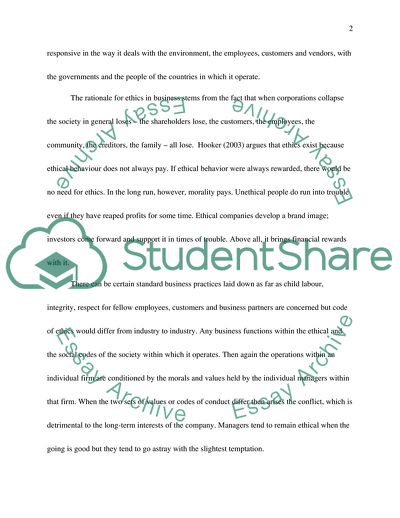Cite this document
(Rationale and Motivation for Overt Ethical Policy Coursework, n.d.)
Rationale and Motivation for Overt Ethical Policy Coursework. https://studentshare.org/human-resources/1703677-human-resourceethical-policy-in-business
Rationale and Motivation for Overt Ethical Policy Coursework. https://studentshare.org/human-resources/1703677-human-resourceethical-policy-in-business
(Rationale and Motivation for Overt Ethical Policy Coursework)
Rationale and Motivation for Overt Ethical Policy Coursework. https://studentshare.org/human-resources/1703677-human-resourceethical-policy-in-business.
Rationale and Motivation for Overt Ethical Policy Coursework. https://studentshare.org/human-resources/1703677-human-resourceethical-policy-in-business.
“Rationale and Motivation for Overt Ethical Policy Coursework”. https://studentshare.org/human-resources/1703677-human-resourceethical-policy-in-business.


